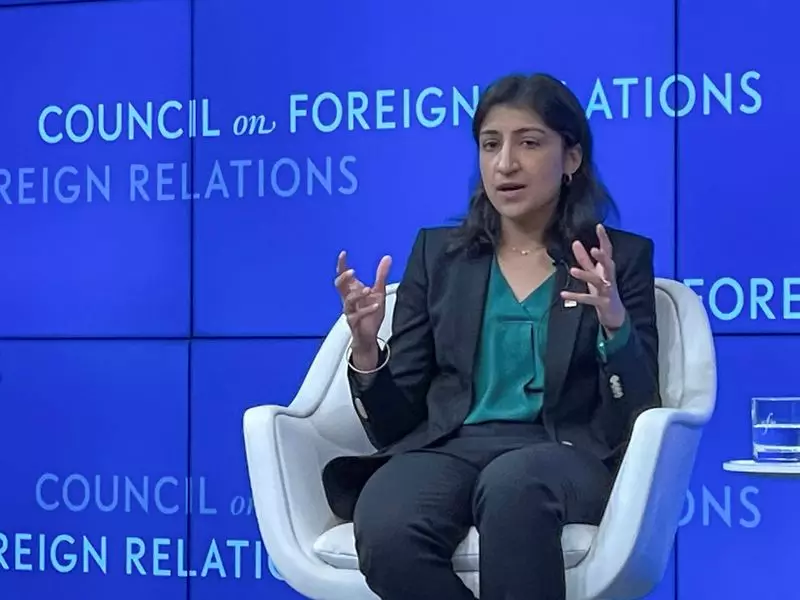In recent years, the conversation surrounding antitrust regulations has shifted dramatically, particularly with respect to corporate mergers and acquisitions. Lina Khan, the Chair of the U.S. Federal Trade Commission (FTC), has been a prominent figure in advocating for a more rigorous approach to antitrust enforcement. During a recent discussion at the Council on Foreign Relations in New York, Khan expressed optimism regarding the growing awareness among corporations about the implications of antitrust laws on their deal-making processes. Her remarks underscore a significant change in the business climate, where companies are increasingly mindful of regulatory scrutiny before pursuing mergers.
Khan highlighted the importance of early consideration of antitrust implications, stating that such mindfulness could lead to a reduction in illegal mergers. This proactive approach reflects a fundamental shift in the mindset of businesses, which traditionally viewed mergers primarily through a financial lens. By emphasizing the importance of legality in corporate strategy, Khan aims to foster an environment where compliance with antitrust laws is not merely an afterthought but a critical component of corporate planning. This is a notable cultural shift that could ultimately shape the future of corporate mergers.
However, Khan’s stance has not been without controversy. Many in the business community have expressed concerns over the FTC’s strict oversight, alleging that it has led to a decline in merger activity. The apprehension among Wall Street investors stems from the increasing difficulty of navigating the regulatory landscape, which they believe could hamper business growth and innovation. Khan, acknowledging this sentiment, remarked that a focus on legal compliance may indeed be frustrating for those who prioritize deal-making opportunities. Such a dichotomy presents a challenge: the need to balance regulatory rigor with the drive for corporate growth.
The tension surrounding Khan’s leadership has escalated to the point where influential figures in finance and politics have begun to question her position. In a striking move, a group of affluent Democratic donors has called on Vice President Kamala Harris to consider replacing Khan should she win the upcoming presidential election. This highlights a critical divide within the political and financial communities regarding the direction of antitrust policy and its implications for corporate America.
Khan’s remarks also point to a broader need for empirical research into how aggressive antitrust enforcement affects venture capital and start-up funding. As the landscape of corporate mergers evolves, understanding the nuances of these effects becomes essential. The intersection of antitrust regulation and business strategy calls for scholarly investigation to unpack the complex dynamics at play. Khan’s recognition of this gap suggests that the ongoing dialogue surrounding antitrust policy is not merely theoretical but requires a data-driven approach to inform future regulatory actions.
As antitrust enforcement continues to reshape the merger landscape, the implications for both corporations and investors remain significant. The evolving mindset towards compliance, the push against perceived overreach, and the necessity for empirical evaluation all signal a transformative period for American corporations. As businesses adapt to this new reality, the balance between growth and regulation will be a critical theme in corporate America’s future narrative.

